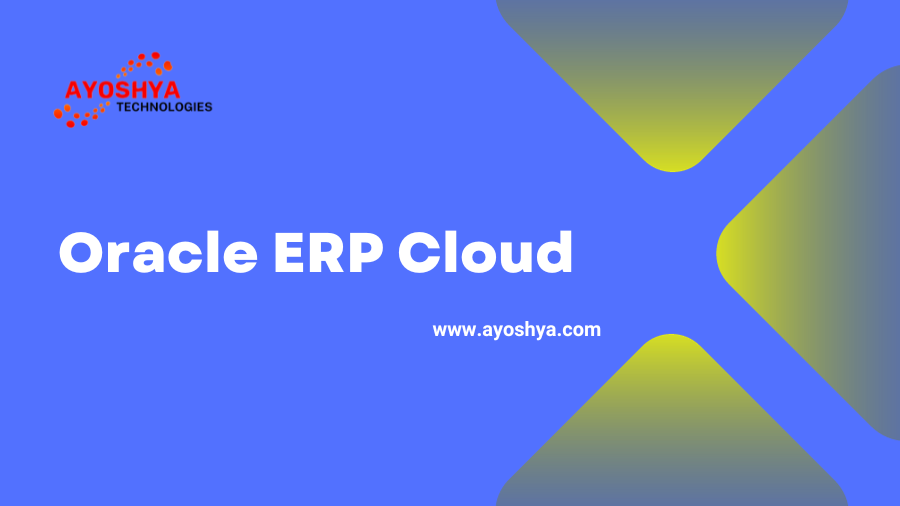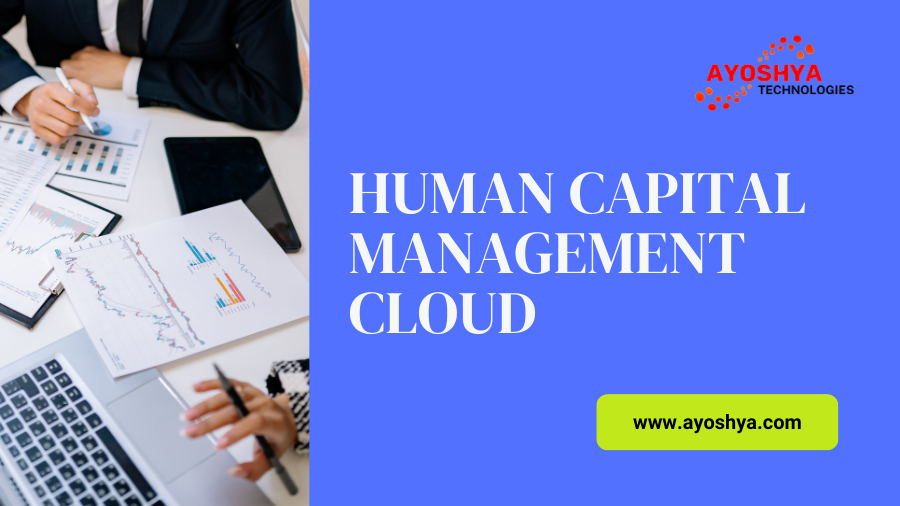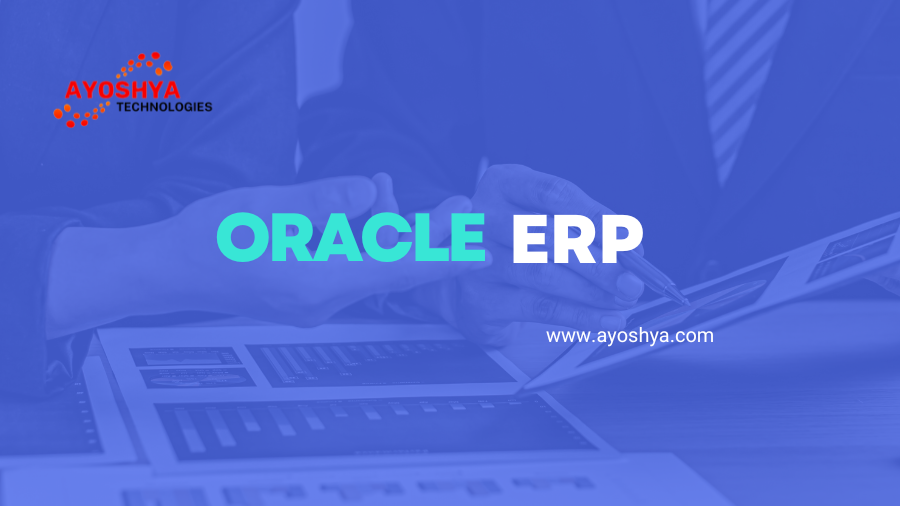Unleashing the Potential: The Role of a SAP HCM Consultant
I. Introduction
A. Definition of SAP HCM Consultant
A SAP HCM Consultant is an expert in configuring and optimizing the SAP HCM module, dedicated to enhancing human resource processes within organizations.
B. The Crucial Role in Human Capital Management
The SAP HCM Consultant plays a crucial role in aligning HR processes with organizational goals, focusing on efficiency, compliance, and employee satisfaction.
II. Core Responsibilities of a SAP HCM Consultant
A. HR Module Configuration
Configuring the HR module involves tailoring it to the specific needs of the organization, from managing employee data to designing workflows.
B. Talent Management
SAP HCM Consultants are instrumental in implementing talent management strategies, ensuring the identification, development, and retention of key talents within the organization.
C. Payroll Processing
Efficient payroll processing is vital for employee satisfaction. SAP HCM Consultants configure the system to handle payroll, tax calculations, and compliance.
D. Employee Self-Service
Enabling employees to manage their information through self-service portals is a key responsibility. SAP HCM Consultants ensure a user-friendly interface and secure access.
III. Key Skills Required for SAP HCM Consultants
A. In-depth Knowledge of SAP HCM Module
A deep understanding of the SAP HCM module, including updates and new features, is essential for effective configuration and troubleshooting.
B. Analytical and Strategic Thinking
Analyzing HR processes and designing strategic solutions require analytical and strategic thinking skills.
C. Communication and Interpersonal Skills
Effective communication is crucial for collaborating with HR and IT teams, understanding business needs, and conveying solutions.
D. Compliance and Data Security Awareness
SAP HCM Consultants must be well-versed in HR regulations, ensuring compliance, and have a strong awareness of data security and privacy.
IV. Challenges Faced by SAP HCM Consultants
A. Adapting to Evolving HR Regulations
HR regulations evolve, and SAP HCM Consultants need to adapt configurations to comply with changing legal requirements.
B. Integration with Other SAP Modules
Integration with other SAP modules, such as SAP FI (Financial Accounting), requires seamless coordination to ensure accurate financial reporting.
C. Ensuring Data Privacy and Security
Protecting sensitive employee data is a constant challenge. SAP HCM Consultants implement measures to ensure data privacy and security.
D. Balancing Standardization and Customization
Balancing the need for standardized processes with the unique requirements of the organization is a delicate challenge.
V. Best Practices in SAP HCM Consulting
A. Streamlining HR Processes
Efficiently streamlining HR processes involves configuring the system for quick and accurate data management.
B. Continuous Training and Development
Continuous training ensures that SAP HCM Consultants stay updated on the latest features and best practices.
C. Data-Driven Decision-making
Leveraging data for decision-making enhances the effectiveness of HR strategies and initiatives.
D. Collaboration with HR and IT Teams
Effective collaboration with HR and IT teams ensures that SAP HCM solutions align with organizational goals.
VI. Success Stories: Transforming HR Landscape
A. Real-world Examples of Improved HR Operations
SAP HCM Consultants have successfully transformed HR operations, leading to increased efficiency and reduced manual work.
B. Positive Impact on Employee Engagement
Improved HR processes contribute to higher employee satisfaction and engagement.
VII. Future Trends in SAP HCM Consulting
A. Integration with AI and Predictive Analytics
Future trends involve integrating AI and predictive analytics for better workforce planning and decision-making.
B. Enhanced Employee Experience
A focus on enhancing the employee experience through user-friendly interfaces and mobile access.
C. Cloud-based Solutions in SAP HCM
The adoption of cloud-based solutions for increased flexibility and scalability.
D. Navigating Remote Work Challenges
SAP HCM Consultants will play a crucial role in adapting HR processes to the challenges of remote work.
VIII. Conclusion
A. Recap of the Pivotal Role of SAP HCM Consultants
In conclusion, SAP HCM Consultants play a pivotal role in shaping human capital management strategies, ensuring organizations make the most of their workforce.
B. The Future Landscape of Human Capital Management
As technology advances, the role of SAP HCM Consultants will continue to evolve, contributing to the future landscape of human capital management.
IX. FAQs
A. What is the role of a SAP HCM Consultant?
A SAP HCM Consultant oversees the configuration and optimization of the SAP HCM module, focusing on aligning HR processes with organizational goals.
B. How does SAP HCM contribute to talent management?
SAP HCM contributes to talent management by identifying, developing, and retaining key talents within the organization.
C. What challenges do SAP HCM Consultants face in data security?
SAP HCM Consultants face challenges in ensuring data privacy and security, requiring constant vigilance and compliance with regulations.
D. Can you provide examples of successful SAP HCM consulting?
Certainly, there are instances where SAP HCM Consultants successfully streamlined HR operations, resulting in increased efficiency and employee satisfaction.
E. What are the future trends in SAP HCM consulting?
Future trends include the integration of AI and predictive analytics, a focus on enhancing the employee experience, the adoption of cloud-based solutions, and addressing the challenges of remote work.
You may be interested in:
ChatGPT Integration with SAP S/4HANA
Unlock Your Financial Potential with SAP FI Course: A Guide to the World of SAP Financial Accounting












